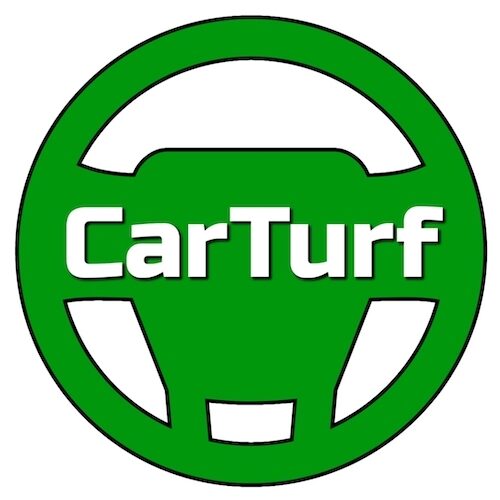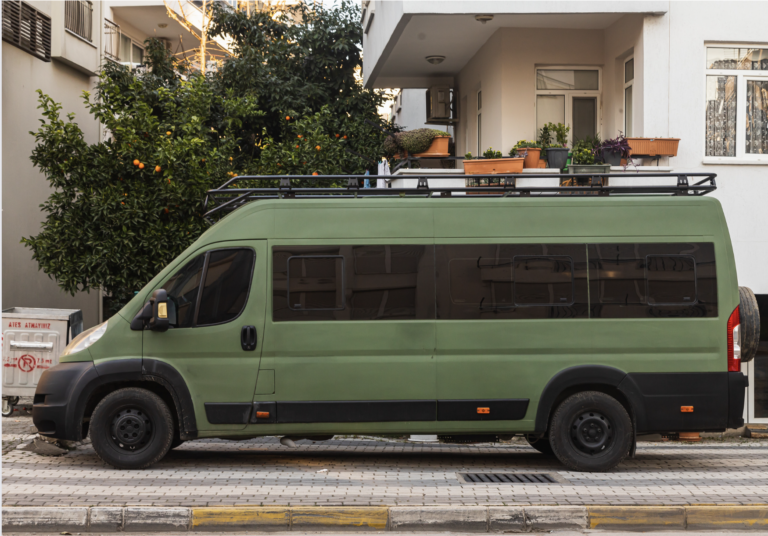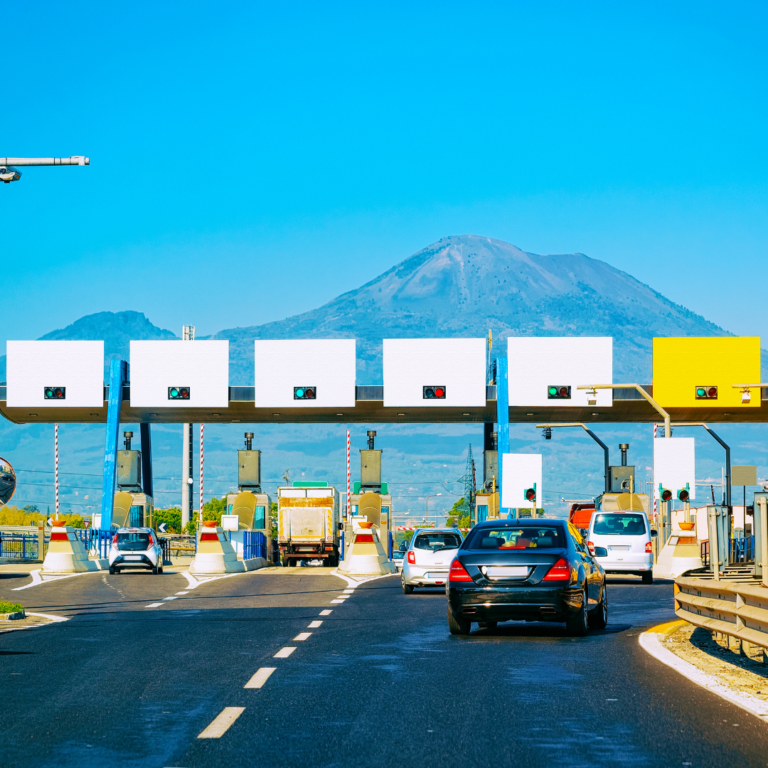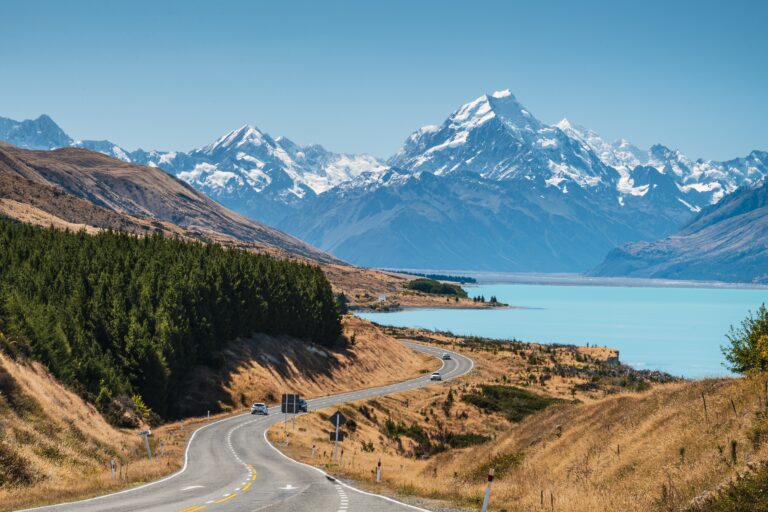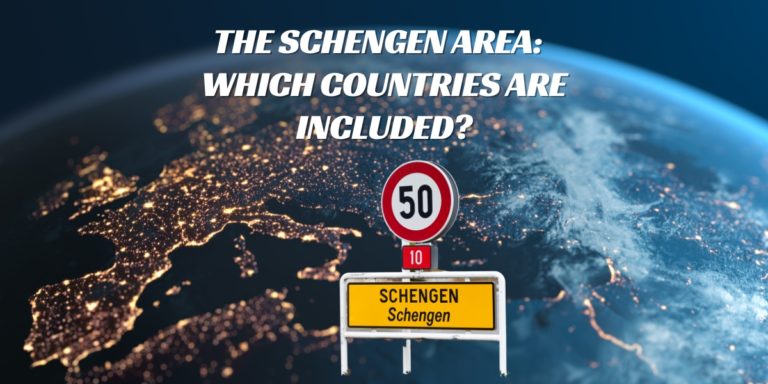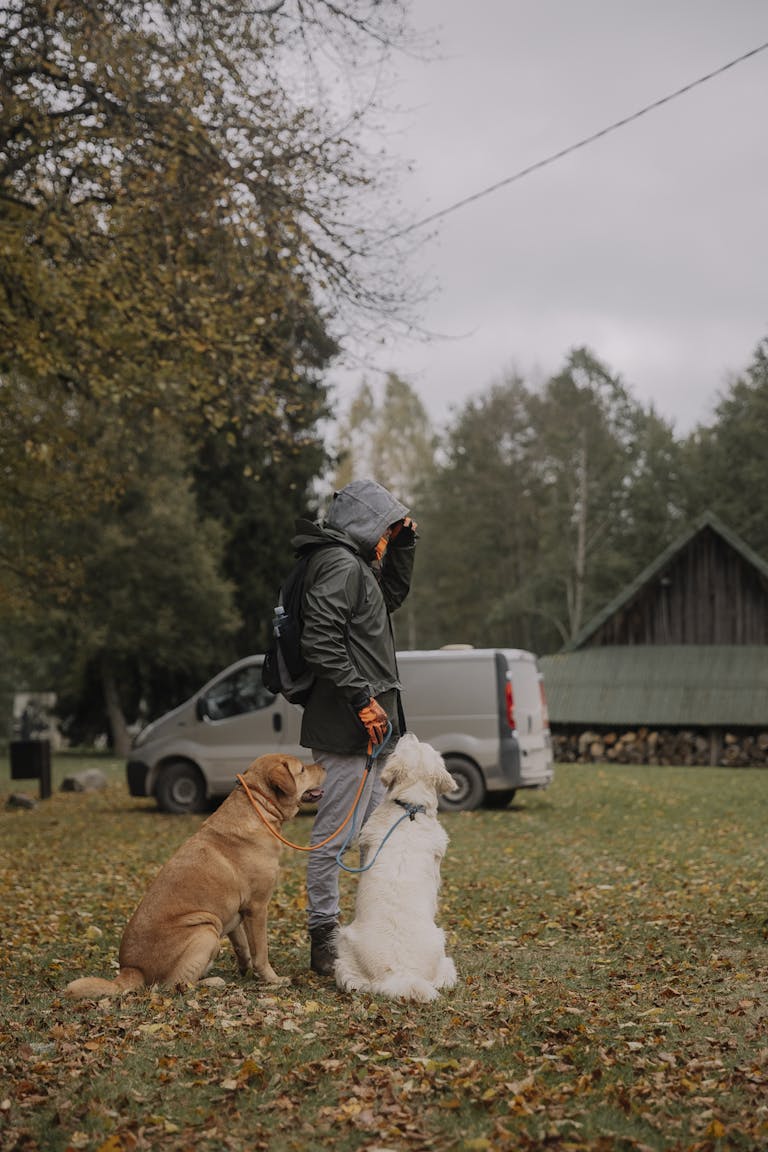Requirements to Convert Van into Motorhome in Germany
Are you planning to convert your van into a motorhome in Germany? This comprehensive guide walks you through every step of the process, from legal requirements to practical tips based on real experience. Learn how to save money on insurance, avoid common pitfalls, and ensure your conversion meets all TÜV requirements.
Why Convert Your Van to a Motorhome?
Converting your van to a motorhome isn’t just about creating a cozy living space – it’s also financially smart. Here’s why:
- Insurance Savings: Motorhome insurance costs significantly less than truck insurance (€548/year vs. €1,577/year for our case)
- Legal Compliance: Operating a converted van without proper registration can lead to legal issues
- Increased Resale Value: Properly registered motorhomes often retain value better than unofficial conversions
- Access Benefits: Many camping sites and parking areas specifically cater to registered motorhomes
Note: While motorhome tax might be slightly higher, the insurance savings typically more than compensate for this difference.
Legal Requirements Overview
To successfully register your van as a motorhome in Germany, you need to meet specific requirements set by TÜV (Technischer Überwachungsverein). Here are the core requirements:
Important: TÜV Nord, TÜV Süd, and DEKRA may have different interpretations of these requirements. For example, DEKRA and TÜV Rheinland typically require fixed cooking installations, while TÜV Nord may accept secured portable solutions.
Minimum Equipment Requirements
Fixed Living Space Components
- Permanent sleeping area
- Dining area with table
- Cooking facility
- Storage solutions
Safety Features
- Secured furniture installations
- Rounded edges on all fixtures
- Multiple escape routes
- Proper ventilation system
Essential Components for Approval
1. Sleeping Area
- Minimum dimensions required
- Must be permanently installed or convertible
- Flat surface when deployed
- Proper securing mechanisms
Note: A mattress on the floor or passenger seat is not acceptable as a sleeping area.
2. Kitchen Facilities
- Permanently installed cooking solution
- Must include flame failure device
- Proper ventilation
- Safe storage for cooking equipment
*Acceptable cooking options include:
- Gas hob
- Cartridge cooker (with restrictions)
- Spirit cooker
- Electric hot plates
- Diesel cooker*
3. Living Space Requirements
- Storage cabinets (minimum volume requirements)
- Secured furniture
- “Homely” appearance
- Proper insulation
Important: The “homely appearance” requirement means no visible bare metal – rear doors, sliding door, and surrounding areas should be covered with materials like felt.
Technical Inspections and Safety Standards
Gas System Safety
- Secured gas bottle storage
- Proper ventilation (100cm² minimum)
- Professional installation
- Safety certifications
- Regular inspections
*Additional gas safety requirements:
- Airtight gas box with bottom ventilation
- 30mbar pressure regulator
- Flexible hose after pressure regulator
- Proper pipe thickness (1/10th of diameter)
- Shut-off valve for each consumer*
Electrical System
- Professional wiring
- Circuit protection
- Proper grounding
- Documentation
Cost Breakdown and Insurance Benefits
Typical Conversion Costs
- Basic conversion: €5,000-€15,000
- Professional conversion: €20,000-€50,000
- DIY with premium materials: €10,000-€25,000
Insurance Savings
- Truck Insurance (Before): €1,577/year
- Motorhome Insurance (After): €548/year
- Annual Savings: €1,029
*Real-World Weight Examples:
- 6m Fiat Ducato (120L tank): 2,050kg empty, 3,100kg fully loaded
- 7m Mercedes Sprinter (75L tank): 2,250kg empty, 3,450kg fully loaded Most vans have a 3.5-ton weight limit.*
Step-by-Step Registration Process
Pre-Conversion Planning
- Consult with TÜV inspector
- Document initial vehicle weight
- Plan required modifications
During Conversion
- Regular weight checks
- Documentation of modifications
- Professional installations where required
Final Registration
- TÜV inspection
- Insurance update
- Vehicle registration office visit
Expert Tips from Experience
- Choose the Right Inspector: Different inspection centers may have varying interpretations of requirements
- Document Everything: Keep receipts, certificates, and photos of the conversion process
- Weight Management: Regular weighing during conversion helps avoid exceeding limits
- Professional Help: Some installations (gas, electricity) require certified professionals
Tip: If an inspector has unusual requirements, you can try another inspection center – they don’t have to be in your local area.
Common Mistakes to Avoid
- Exceeding weight limits
- Improper gas system installation
- Insufficient ventilation
- Unsecured furniture
- Missing safety documentation
FAQs
Q: How long does the conversion process typically take?
A: A DIY conversion typically takes 3-6 months, depending on experience and complexity.
Q: Can I do the entire conversion myself?
A: While many aspects can be DIY, certain installations (gas, electrical) require professional certification.
Q: What’s the most important aspect of the conversion?
A: Safety features and proper documentation are crucial for passing inspection and ensuring long-term satisfaction.
Conclusion
Converting your van to a motorhome in Germany requires careful planning and attention to detail, but the benefits make it worthwhile. Follow this guide to ensure a smooth conversion process and enjoy the freedom of having your own properly registered motorhome.
Need Professional Help?
If you’re looking for assistance with your conversion project, our partner Sechsquadratmeter.de offers comprehensive services including:
- Professional consultation for your build-out plans
- Complete build-out services
- Workspace rental for DIY conversions
- Pre-conversion vehicle preparation services
We recommend getting in touch with them if you’re planning a camper conversion in Germany or need help preparing your vehicle for conversion. For the complete guide, download the attached file below.
